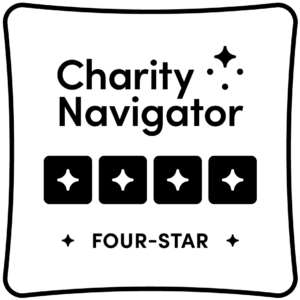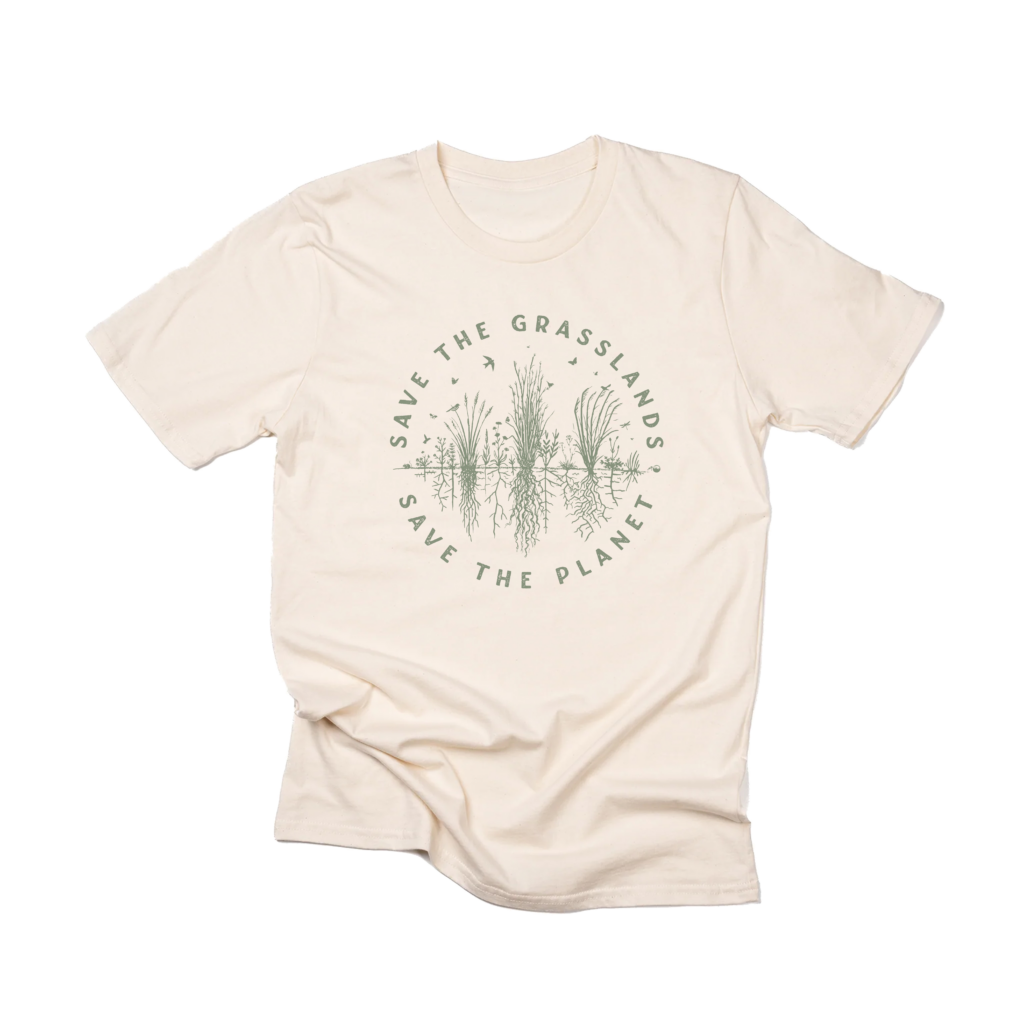Managing Complexity
Holistic Management
For millennia, large herds of grazing herbivores co-evolved with grasslands. With Holistic Management, we can embrace this symbiotic relationship and use livestock as a key player in regenerating our global grasslands.
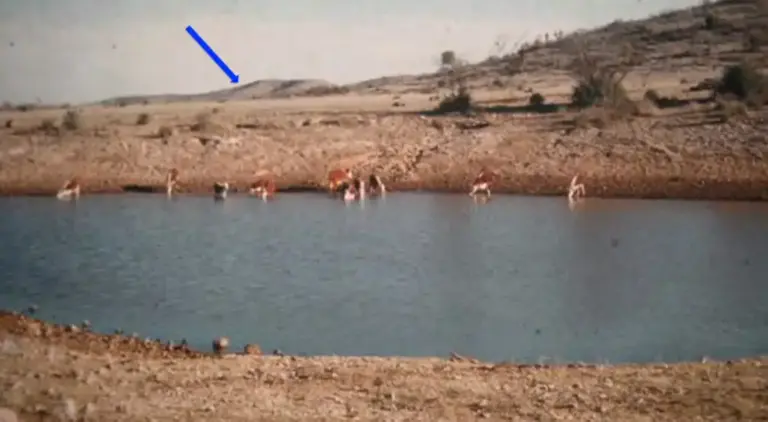
Before
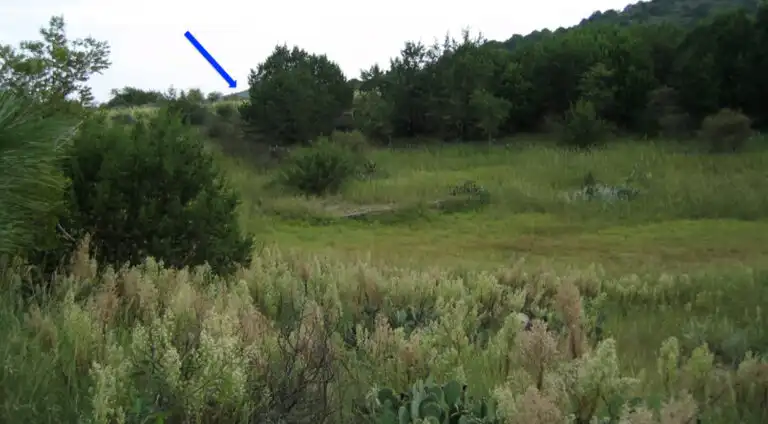
After
How Holistic Management Works
The power to regenerate lands and livelihoods lies not in our practices but in how we manage the ecological, financial, and social dynamics. More than just a grazing system, Holistic Management is a framework for making decisions amidst the ever-changing conditions of the living world.
For defining your north star, finding alignment amongst decision-makers, and ensuring your actions move you in the right direction
A set of procedures, specifically for those managing land and livestock, to help you plan in a simple and step-by-step manner
The Four Planning Procedures
As the most well-known planning procedure, Holistic Planned Grazing has been helping farmers, ranchers, and pastoralists regenerate their lands for decades. Just as important are the other three planning procedures of land planning, financial planning, and ecological monitoring.
A step-by-step process of getting animals to the right place at the right time with the right behavior for the right reasons
A simple, cash-based planning procedure that allows for profitability while maintaining the quality of life you desire
Planning infrastructure like watering points and fencing to ensure short-term actions move towards your long-term vision
Evaluating leading indicators of ecosystem function at the soil surface to provide short feedback loops that inform management
Key Insights
In his studies of land degradation, Allan Savory discovered four key patterns that keep grasslands in dynamic equilibrium. Understanding these key insights is critical to understanding how and why Holistic Management works.
BRITTLENESS
SCALE
NATURE FUNCTIONS
IN WHOLES
PREDATOR-PREY CONNECTION
PLANT AND SOIL RECOVERY TIME
Ecosystem Processes
Sunlight converts to grass; dung turns to fertility; rain recharges aquifers; and life begets more life. These cycles of life, as taught in Holistic Management, are critical for ecosystem function.
ENERGY
FLOW
WATER
CYCLE
MINERAL
CYCLE
COMMUNITY
DYNAMICS
As humans, we’re great at reacting to immediate needs and desires, but when it comes to the long-term we tend to veer off track. Your Holistic Context is your north star, keeping you aligned towards what it is you’re truly aiming for in life, both for your quality of life and your surrounding environment.
Managing for a Multitude of Benefits
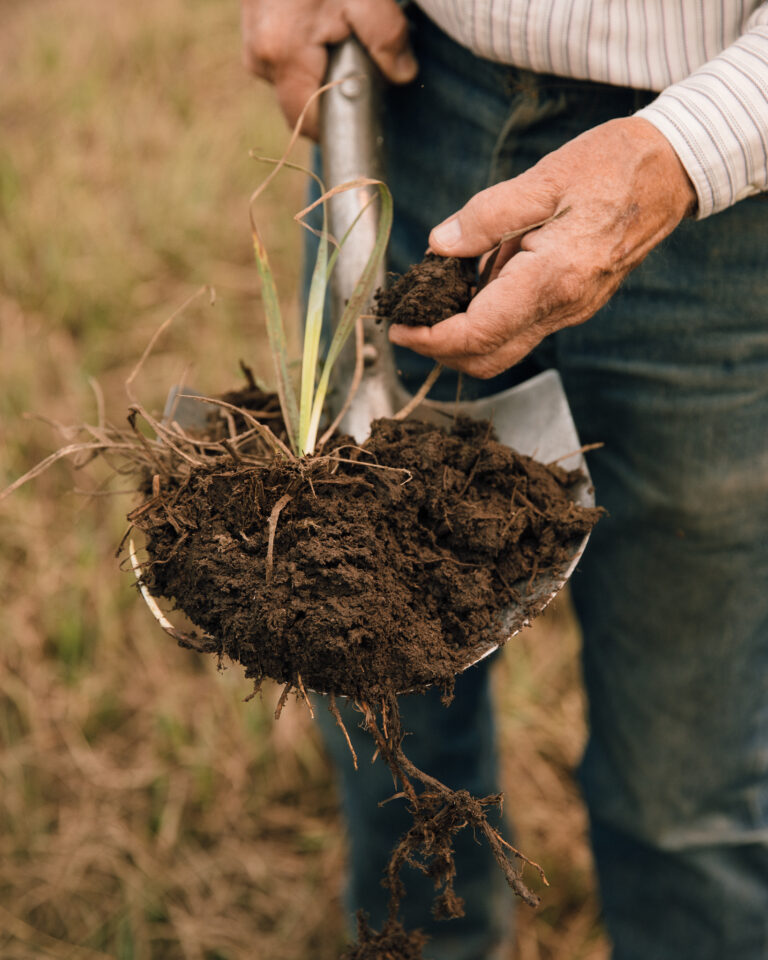
As plants convert sunlight into carbohydrates that feed the soil food web, new organic matter is formed and fertility increases. By increasing the amount of actively-photosynthesizing plants, land managers can see tremendous increases in soil health.
Soil Health
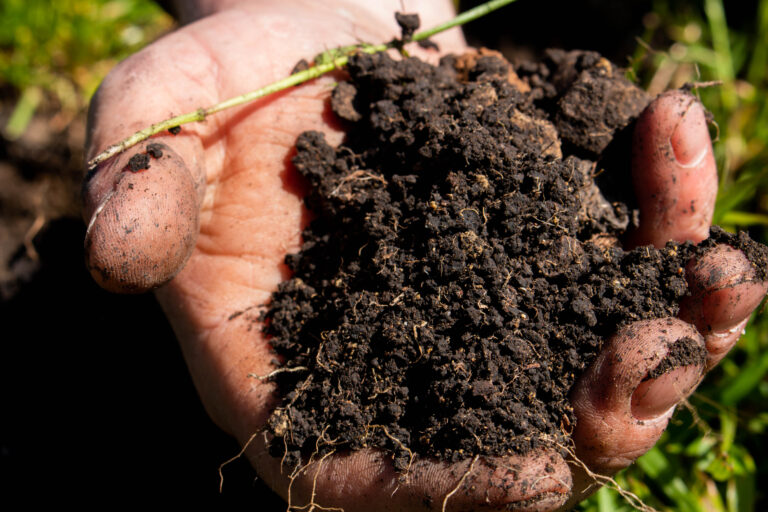
All living organisms are made of carbon. Through photosynthesis, plants convert excess atmospheric carbon into usable forms that cycle below-ground in service to life. Peer-reviewed studies show that Holistic Planned Grazing can increase soil carbon on average by 3 tons of carbon per hectare per year.
Carbon

Water
A 1% increase in soil organic matter allows an acre of land to store an additional 20,000 gallons of water. This increased amount of water cycling through a landscape provides a necessary reserve in times of drought, an increased capacity to absorb flash flooding events rather than letting it runoff, and cooler ground temperatures that are more conducive to life.
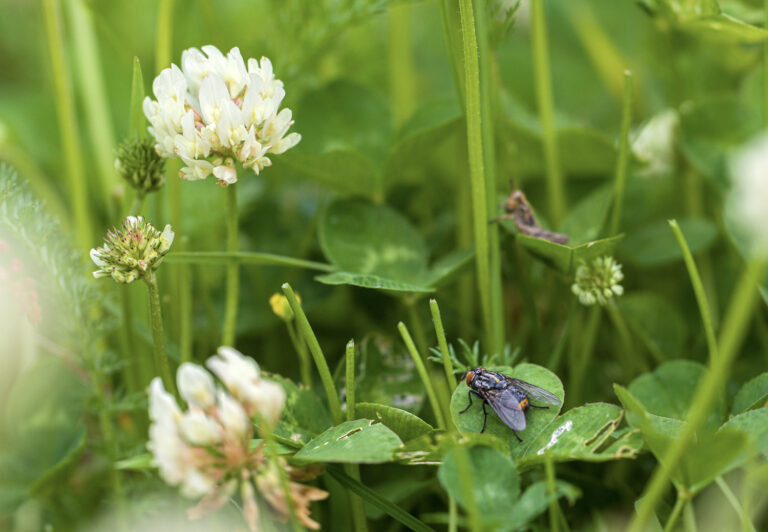
Holistic Management teaches that community dynamics, i.e. the continual changes in species diversity and successional stages within biological communities, is a core lens through which we evaluate ecosystem health. Because of this, managing holistically includes a proactive approach towards increasing the complexity of both flora and fauna across a landscape.
Biodiversity
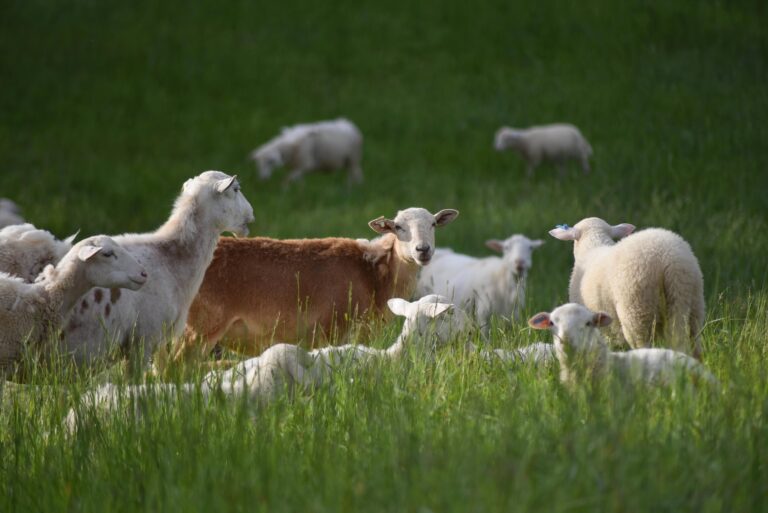
Herd-forming animals such as livestock are safest and healthiest when allowed to express their natural inclinations on a thriving landscape. Improving pasture productivity creates a nutritious diversity of forage, while moving the herd from one pasture to the next keeps them off fouled land and reduces the need for medications like de-wormers.
Animal Welfare
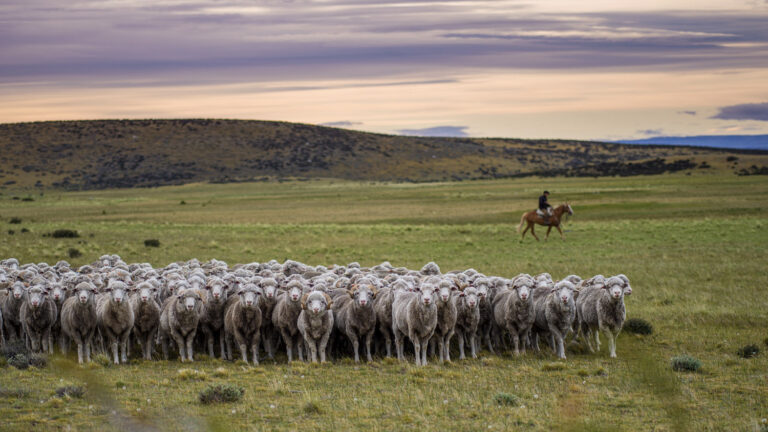
Socio-Econonic Benefits
Holistic Management brings all parties and decision-makers to the table, giving agency to those often left out and factoring in the needs of the local community as part of the “whole” being managed. In addition, land managers learn to increase carrying capacity, decrease reliance on inputs, and improve margins, all of which contribute to improved profitability of their operation.
Backed by the latest evidence in the field.
Savory’s Library features a robust catalog of Holistic Management science articles, case studies, white papers, media, & more. Choose a popular topic to dive in or start a new search.

